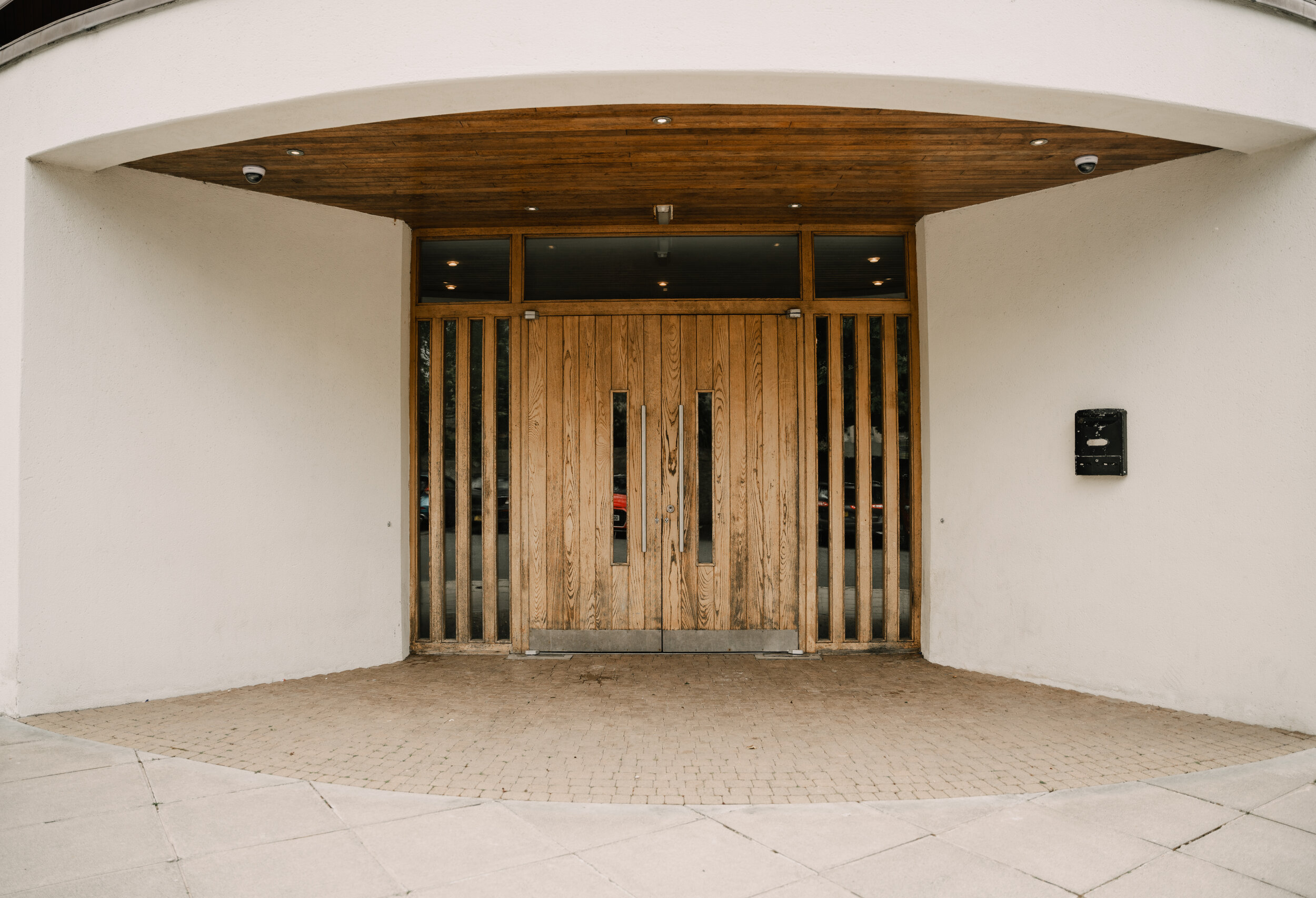
Human Sexuality
As the Faith and Order Committee began the work on human sexuality requested by Conference 2014, it assembled a working party to reflect on the many issues relating to human sexuality and to progress the work
This working party included two representatives from the Irish Methodist Youth and Children’s Team (IMYC), and Dean John Mann, Chair of the Select Committee on Human Sexuality of the Church of Ireland. In due course, the Revd Dr William Olhausen replaced Dean Mann.
Faith and Order Committee received comprehensive terms of reference from Conference, which were addressed by the Working Party over a number of years.
These include:
Undertaking a fundamental review of Christian teaching on human sexuality and practice
Examining afresh how Holy Scripture may be faithfully interpreted in the Methodist Church in respect of issues concerning human sexuality
Taking due cognisance of similar work being undertaken by sister Churches both in Ireland and elsewhere.
Download Terms of Reference for Working Party on Human Sexuality
Following the production of a working paper for the full Committee, the Working Party stood down.

The purpose of these Bible studies is:
To resource local churches and others to engage positively with the topic of sexuality in the Bible.
To enable the Church to have a more Biblically-resourced conversation about sexuality, including at Conference.
To model approaches to scripture and good conversations, including good disagreement.
Sexuality
INTERACTIVE BIBLE STUDIES
LIVing wholeheartedly
New Podcasts
As part of the ‘Living Wholeheartedly’ podcast we have recorded a special group of conversations which focus on human sexuality which we hope and pray will be a resource for the MCI as we pray, think, listen and study together.
Watch now on YouTube.
> E11 | Doug Godfrey-Swanney
> E12 | David Clements
> E13 | Laurence Graham
> E14 | Johnston McMaster
> E15 | Lynda NeilandS
As a Church, and particularly as part of this process we have had opportunity to listen to many stories, if you have a story to tell, or if you have been hurt you can email listening@irishmethodist.org
Sexuality: Developing Good Conversation On Difficult Questions
The Working Party has gone through a Connexion-wide listening process, to which those with a particular or personal interest were invited to contribute; these voices have been heard.
A resource document ‘Sexuality: Developing Good Conversation On Difficult Questions’ was brought to the Conference of 2016, where the representatives engaged in facilitated conversations on the subject of human sexuality. Conference directed that this resource, together with other resources, would be used in further conversations at District and local levels.
Printed copies of the booklet ‘Sexuality: Developing Good Conversation On Difficult Questions’ are now available, and will be distributed to each Circuit. These are made available free of charge. If you would like to obtain a copy please speak to your local minister or email wphs@irishmethodist.org
The resource, ‘Sexuality: Developing Good Conversation On Difficult Questions’ is also available as a PDF download here:
Study Sessions
In order to assist Districts and Circuits the Working Party have also provided resources to help structure local conversations.
These are in the form of 4 study sessions, which would ideally happen over the course of 4 weeks.
The Working Party has a number of facilitators, drawn from across the Connexion, who are prepared to be involved in facilitating local conversations. It is strongly recommended that Circuits and Districts avail of these facilitators.
The material for these is provided by PDF download only here.
Sessions 1 - 4
IMYC have produced a separate set of study sessions to help young people engage with these issues.
IMYC Sessions 1 - 4

Resource List
To assist local conversations, and those who wish to further develop their thinking on issues of human sexuality, the Working Party has provided a list of resources which we trust will be helpful. The list includes resources from a range of different perspectives on issues of human sexuality, and are drawn both from within our own Connexion and the wider Church. Resources are in a range of formats: written, audio and video.
-
Other resources on human sexuality from within the Methodist Church in Ireland include:
McCrea, F.
A critical examination of homosexuality through the lens of the “Wesleyan Quadrilateral.
Fiona is a Methodist minister and a member of the MCI working party on Human Sexuality. This is her MDiv dissertation.Williamson, J.
(2016). I was a stranger and you welcomed me: a plea for inclusion and welcome in the Irish Methodist Church.
Jim is a former Old Testament tutor at Edgehill.Duncan, M.
‘Marriage is Between One Man and One Woman’. A recording of the Headway Spring Conference 2015.
Available as an MP3 download here.Symposium on Human Sexuality and Biblical Interpretation
Transcript of a talk given by Revd Canon Vaughan Roberts.


